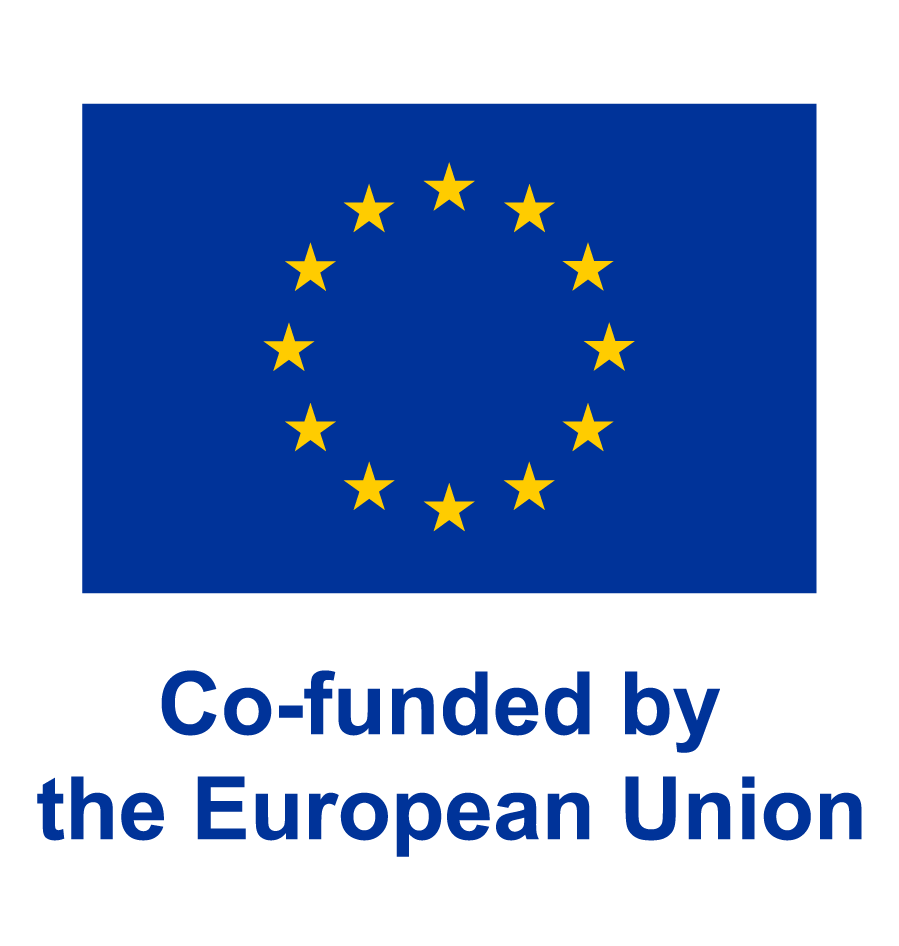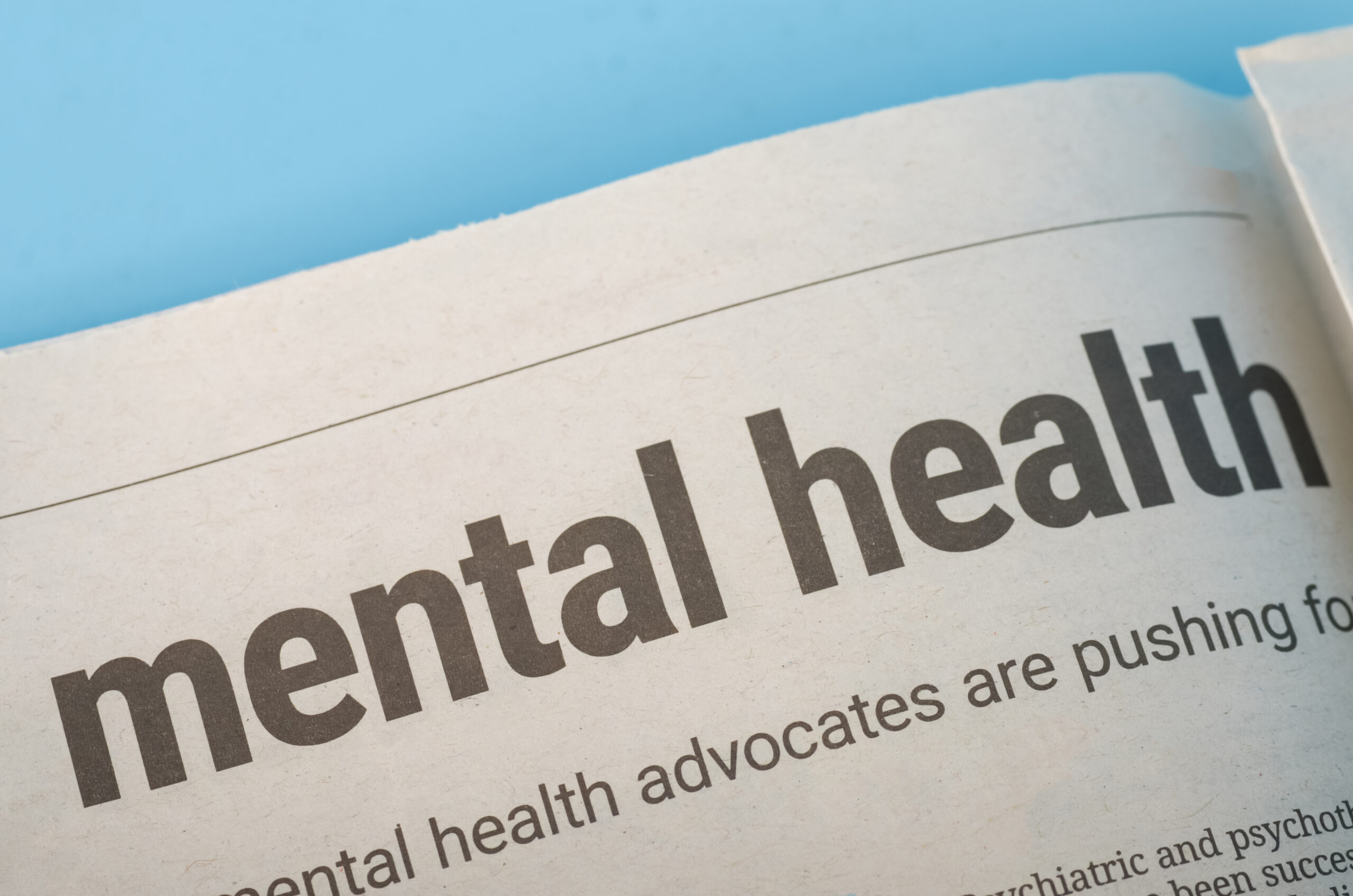When we think about maternal healthcare, mental health is often overlooked. While there is growing awareness of postpartum depression, anxiety, and other conditions, healthcare professionals across Sub-Saharan Africa often lack the specialized training needed to properly recognize and address these issues. This is not due to a lack of concern but rather a gap in education—most medical and nursing programs do not include maternal mental health as a core part of their curriculum.
That is exactly what the eMAMA project aims to change. In January, we officially began the curriculum development phase for a postgraduate training programme in maternal mental health. This initiative is designed to equip healthcare professionals with the skills they need to support mothers not just physically, but emotionally and psychologically as well.
The foundation of this curriculum is built on a benchmarking study conducted across Namibia, Malawi and Zambia, where we assessed existing training and identified critical gaps. What we found confirmed what many suspected: maternal mental health is largely missing from professional training. Now, we are developing a structured, evidence-based curriculum that will provide healthcare workers with practical tools to support and refer mothers in need.
But what exactly should this training look like? What should be included to ensure that it is effective, culturally relevant, and sustainable? We want to spark a conversation on this—because the best way to create a transformative curriculum is to involve the very people who will use it.
Why now? Recent developments in maternal mental health
Maternal mental health is finally getting more attention in Sub-Saharan Africa, thanks to growing advocacy and innovative local initiatives. In recent years, organizations such as the African Alliance for Maternal Mental Health have been working to push maternal mental well-being higher up on national health agendas. Policymakers are starting to recognize that maternal mental health is not just a personal struggle—it affects families, child development, and even national economies.
Efforts to break the stigma are also gaining traction. Many women avoid speaking about postpartum depression and anxiety due to cultural taboos, but this is slowly changing. Health professionals and local organizations are integrating mental health screenings into prenatal and postnatal care, making it a standard part of maternal health check-ups. Zimbabwe’s “Friendship Bench” model, for example, has trained community grandmothers to provide mental health support, and this approach is now expanding to maternal healthcare.
Despite these advances, major gaps in healthcare training remain. While mental health awareness is growing, many healthcare workers are not equipped to recognize and manage maternal mental health conditions. Without proper education, even well-meaning professionals might miss critical warning signs or fail to provide the right support. This is where the eMAMA project comes in.
Inside the eMAMA curriculum development process
The eMAMA project’s postgraduate training programme is designed to fill this crucial gap. Our goal is to create a standardized yet flexible curriculum that meets the realities of maternal healthcare in Sub-Saharan Africa.
Here’s what we are focusing on in this development phase:
1. Evidence-based training, grounded in local realities
Our curriculum is being shaped by insights from a benchmarking study conducted across several African countries. The study explored how maternal mental health is addressed in professional training and highlighted the need for a more structured, skills-based approach.
In designing the curriculum, we are ensuring it is culturally relevant, recognizing that local beliefs and traditions shape how maternal mental health is perceived and addressed. For example, in some communities, postpartum depression may not be understood as a medical condition but rather as a family or spiritual concern. Training healthcare providers to navigate these perspectives can improve access to care and ensure support is both effective and respectful of cultural contexts.
2. Practical, skills-based learning
One of the biggest challenges in healthcare education is ensuring that training translates into real-world action. That’s why the eMAMA curriculum is being designed with a strong focus on practical application— giving healthcare workers the tools and confidence to support maternal mental health in their daily work.
The curriculum will explore how professionals can:
- Recognize signs of maternal mental health conditions, such as postpartum depression, anxiety, and birth-related trauma
- Use simple, effective screening methods that fit into routine maternity care
- Provide basic, low-cost support within communities, especially in areas where specialist services are limited
- Refer mothers to the right care pathways, ensuring they receive the help they need
We are also looking into digital learning tools that can provide flexible access to training materials and decision-making support. For example, a mobile app could offer instant access to screening guidelines, case studies, and referral options—helping healthcare workers apply their knowledge on the spot.
At this stage, we are refining these approaches to make sure they are practical, culturally relevant, and easy to implement across different healthcare settings.
3. Interdisciplinary and scalable approach
Maternal mental health isn’t just a concern for psychiatrists—it’s relevant to midwives, nurses, general practitioners, community health workers, and social workers. That’s why eMAMA’s curriculum will be interdisciplinary, ensuring that different types of professionals receive training tailored to their role.
The program will also be scalable, meaning it can be adapted for different regions, healthcare systems, and levels of training. A midwife in a rural clinic may not need the same level of psychiatric knowledge as a doctor in a city hospital, but both need a solid foundation in maternal mental health.
Why this matters
By integrating maternal mental health into professional training, we are creating a system where mental health support becomes a normal and expected part of maternal care. This means:
✅ More women will get the help they need before symptoms escalate
✅ Stigma around postpartum depression and anxiety will continue to decrease
✅ Families and communities will become better equipped to support mothers emotionally
We believe that training is the first step to systemic change. When healthcare providers understand maternal mental health, they can advocate for better policies, push for more resources, and ultimately transform maternal care in their communities.
Join the conversation
- Healthcare professionals: What skills do you think are most important for maternal mental health training? What challenges do you face in providing emotional and psychological support to mothers?
- Policymakers: How can maternal mental health be better integrated into national health policies? Should mental health screening be standard in antenatal care? How can training programs like eMAMA be supported and sustained?



One response
Skills such as empathy and listening skills are very important. The eye to listen beyond what is said by observing the body language of the mothers. An understanding of the hormonal changes that women experience during pregnancy and postpartum and the effects of these changes on emotion regulation.
Enhancing social support and social networks for pregnant and postpartum mothers. Support skills to help mother’s settle in their new role.